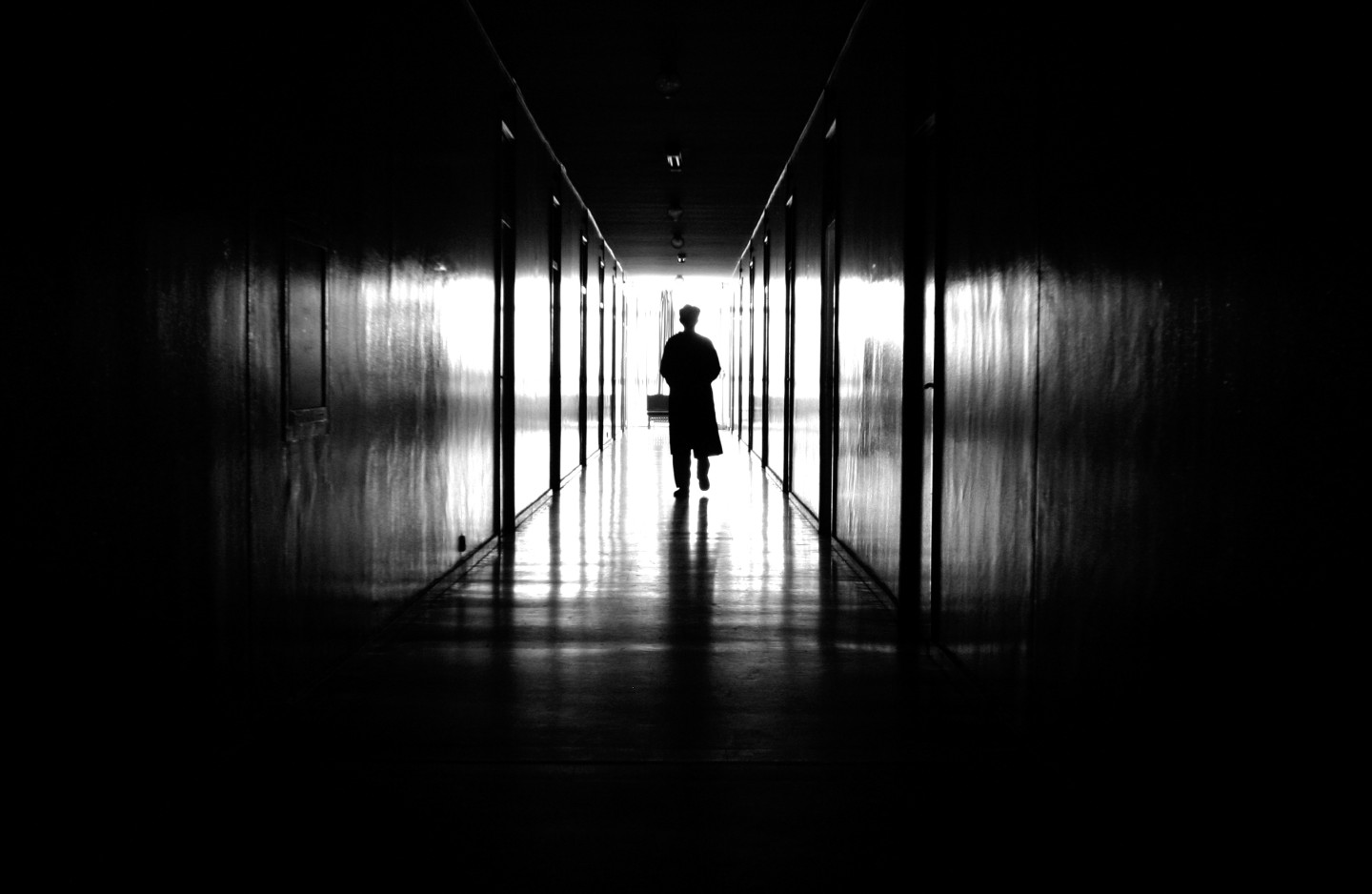
Documentary “Hard to Believe” Gives Perspective on Organ Harvesting in China
New Documentary Airing on PBS Tells About the Murder of Falun Gong Practitioners to Supply China’s Organ Transplant Market
A new documentary airing on PBS stations across the United States focuses on the murder of Falun Gong practitioners as the principal source of China’s growing organ transplant system and organ tourism industry. “Hard to Believe” presents evidence of forced organ harvesting, tackles the question of why more people don’t know about this atrocity, and discusses why so little seems to be done about it.

Friends of Falun Gong (FoFG) got a chance to interview one of the film’s production crew, Kay Rubacek.
FoFG: What was your job on the film?
Rubacek: I am a producer for Swoop Films and was also Production Manager for “Hard To Believe.”
FoFG: What do you think this film adds to the organ harvesting discussion?
Rubacek: The film goes beyond the debate about the evidence and asks why are people not acting upon it. I think the film brings up some fresh points that have not been discussed in media so far and raises the question: What are we going to do about it? So much evidence has been published already that it really warrants a much larger investigation at a national or international level.
FoFG: The film brings up questions about why more major media outlets have not covered this issue. What do you think are the main reasons for the lack of coverage?
Rubacek: The major media have offices in China. If they touch this issue they are out. I think everyone is busy and just wants to pass the buck and hope it goes away so that they don’t have to deal with it. But these issues don’t go away. It’s hard for the government and media to admit that it has been happening for this long and they have not done anything about it.
FoFG: Do you think the crimes could escalate?
Rubacek: The Transplantation Society is welcoming China onto the world stage as a legitimate member of the transplantation community, and is holding their international transplant conference in Hong Kong, China, next year. They are saying that transplantation in China is OK, and that gives the go ahead to the Chinese authorities to keep doing whatever they like without proper checks in place.
China has promised many times they are going to stop using prisoners. Just in March this year, the head of China’s transplant community and former Deputy Minister for Health, Huang Jiefu, announced they have stopped using organs from prisoners, and media all over the world quoted that as fact, without investigation. Then in the same month he stated to Chinese media that China’s new policy is to “use as few executed prisoner organs as possible.” But English media didn’t report that change of policy. I think the medical community needs to stand up for their own morals and guidelines and not take statements from China on face value.
The biggest concern is prisoners of conscience, religious prisoners, are not being distinguished in these discussions. Unfortunately too many people are willing to overlook the issue because they think Chinese prisoners are going to be executed anyway, but they don’t realize these are prisoners of conscience we are talking about. This practice is so lucrative. It has momentum. It opens the door to human life being worth nothing more than money in the bank. Once this is considered acceptable, then anything can happen, and to anybody, anywhere.
FoFG: What is the media’s responsibility?
Rubacek: There is a taboo around this topic in the media. That needs to change. The Chinese authorities have set up an environment where media cannot talk about Falun Gong or organ harvesting without looking over their shoulder. If these issues were openly debated like other issues in the media I don’t think this would have gone so far.
FoFG: The film mentions that the victims, Falun Gong practitioners, have struggled to get their message across. Can you talk more about that?
Rubacek: Yes, I hope the film helps viewers to better understand how different the cultural and media environment is in China and the challenges these victims have when they try to communicate here in the West. Often the media are told one thing publicly by the victims and another thing privately by the Chinese regime, and they don’t know who to believe. Sadly many media outlets have just stayed quiet either to appease China or to avoid doing further investigation themselves. It’s a very difficult situation.
The director of the film, Ken Stone, does not practice Falun Gong, and wasn’t aware of the issue until he researched it himself during the process. This brought in a fresh perspective and ensured the production met PBS‘s strict editorial standards. Stone has a strong journalistic approach in presenting the facts, allowing the audience to come to their own conclusions. For a politically sensitive topic like this, this seemed like the best approach to present the information to an educated audience.
The above is an excerpt from an interview with Kay Rubacek, producer and production manager for “Hard to Believe.” It has been edited for brevity and clarity. For more information about “Hard to Believe,” see www.HardToBelieveMovie.com.
Further Reading
-
Documentary Asks: What’s So Hard to Believe About China Harvesting the Organs of Living People?
(www.theepochtimes.com/n3/1835568-documentary-asks-whats-so-hard-to-believe-about-china-harvesting-the-organs-of-living-people/) -
Award-Winning Documentary Sheds New Light on Forced Organ Harvesting in China
(en.minghui.org/html/articles/2015/10/13/153216.html)
